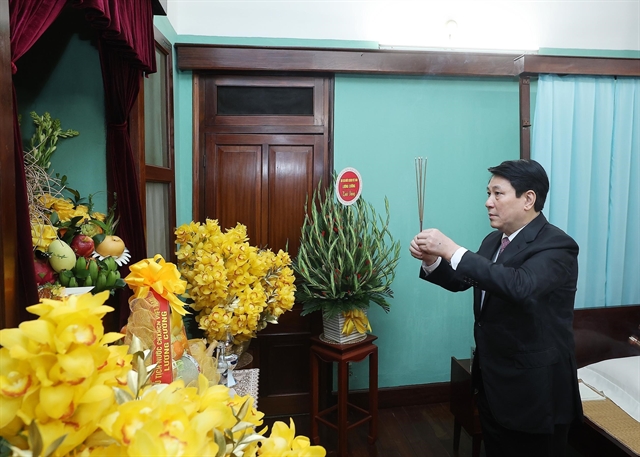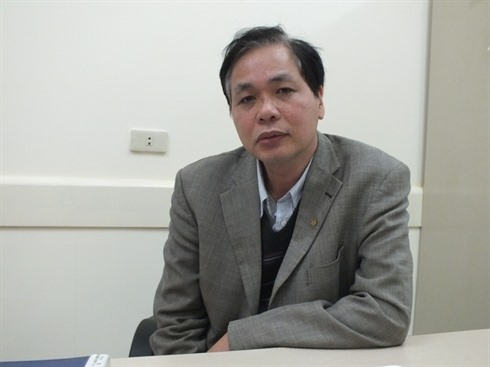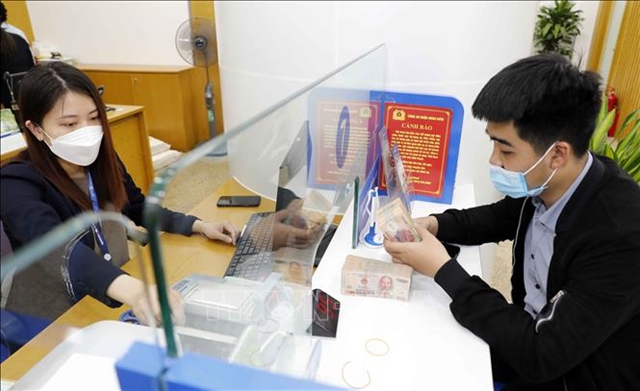
 |
| Phạm Văn Tác. — Photo vietnamnet.vn |
Phạm Văn Tác, Director General of the health ministry's Department of Organisation and Personnel, talks to Hải Quan (Customs) on why patient dissatisfaction persists despite various efforts to improve healthcare services in the country.
It appears that patients are still not satisfied with the quality of medical check-ups and treatment in general, although authorities have taken several measures to improve this. What do you think is the root of the problem?
Our efforts have achieved initial positive results. Considerable improvements have been seen in the service quality and the attitude of doctors and medical workers. Inspections at many hospitals across the country have shown that commendation letters from patients have increased and complaints begun to decline.
Independent surveys and inspections have been carried out at 170 medical establishments in the country recently. These show that 80 per cent of patients and their families are satisfied with the attitude of medical staff towards patients. The cancer hospital, K., can be mentioned as a notable example, as patient satisfaction has jumped from 51 per cent in 2016, the first time such survey was done, to 85 per cent this year.
I do admit that there remain cases where improper and impolite behaviour towards patients or their relatives. Several of these have been covered by the media and reported by the public. The external causes can be overcrowding in hospitals, the immense stress that doctors and medical staff have to endure as they work long hours. It could also be that the hospitals’ management officials have not stressed the importance of ensuring patient satisfaction, or that some of the medical staff are clinging to a view where patients are not at the centre, that proper care and politeness have to be paid for, under the table.
On the other hand, in several cases, the fault is with patients and their relatives being impatient and getting angry by the time they have to wait to get results from time-consuming tests. They have a disrespectful attitude and contempt towards medical staff and refuse to follow hospitals’ regulations or medical staff’s guidance.
Many people have also said that the shortcomings are a result of stressful work and disproportionately low pay. Can you comment?
Yes. Even though they shoulder the noble mission of treating people, medical staff surely worry about very ordinary livelihood problems. That’s why efforts to improve their attitude have to go in tandem with improving their income. Currently, the Health Ministry is carrying out sets of solutions including upgrading infrastructure and working environment in hospitals, following through with the roadmap to increase hospital fees, installing reformed financial mechanisms in hospitals and allowing more autonomy. Of course, the ministry is working towards alleviating the overcrowded situation in hospitals.
Uplifting mottos are one thing, but what are the practical measures medical facilities should take to improve patients’ satisfaction?
The attitude of medical staff and quality of medical check-ups, counselling, and treatment are the two key points. Administrative reforms aiming at cutting back red tape, via application of IT and management software solutions, will help to address some of the complaints of patients and their relatives. Medical exams and treatment should follow the one-stop-shop procedure: tickets are handed out via an electronic dispenser, medical staff should help patients at clinical faculties, outpatient rooms and pharmacies in a proper manner.
The hospitals should also focus on cutting back waiting time at every step, whether it is medical examination, medical tests or medicine purchase.
Hospitals should also consider increase the working time of medical examination faculties, having overtime staff to perform these duties if needed. There should also be overtime staff to conduct hospital’s functions that are usually not available during the weekend, like surgeries, medical consultation and hospital bill payment.
How can the Health Ministry facilitate such improvements?
The Ministry of Health has developed and issued a set of criteria to assess progress made in “Improving attitude of medical staff in service of patients; building green, clean and medical centres; and in aiming at patients’ satisfaction.” In this exercise, patients’ satisfaction is given high priority. This will be achieved with co-ordinated improvements made in five areas, reflected in five respective sets of criteria: easy access (signboards, staff support, etc.); transparency and administrative procedures; infrastructure; medical staff quality; and service delivery results. The ministry has also added the criteria of ease of payment for patients with health insurance cards.
The assessment in the initial phase will focus on medical centres at the central and provincial levels. Those who have made good progress will be awarded and commended by the ministry. The ministry will also arrange for cross-inspections amongst rated hospitals as well as inspections by the ministry itself. This phase will also be the basis on which we can assess hospitals at all levels in the future. — VNS




















